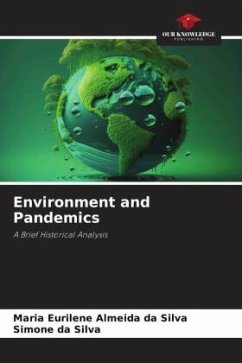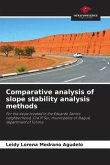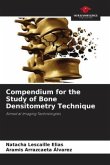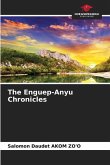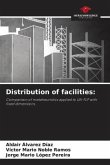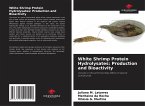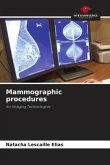At the end of 2019, a pandemic caused by the Sars-cov-2 coronavirus was revealed, with very rapid spread. Pandemics are nothing new for humanity, having been present at various times in history, and this book presents the link between pandemics and disturbances in the natural environment, with an emphasis on zoonoses. Some pandemics and their consequences will be briefly explained, pointing out parallels between them. The study was carried out by analyzing scientific articles, seeking to understand this phenomenon and how to deal with it. The work was written while the world was going through the SARS-CoV-19 pandemic, evolving along with the discoveries made by scientists day by day. Goals were set, such as studying zoonoses and their forms of transmission, analyzing the human factor and how it impacts on the environment, and pointing out solutions for minimizing these impacts. In this sense, this book aims to take a fresh look at the relationship between the environment and pandemics, proposing mechanisms to prevent future similar events by understanding how they originate and how they can be avoided.
Bitte wählen Sie Ihr Anliegen aus.
Rechnungen
Retourenschein anfordern
Bestellstatus
Storno

